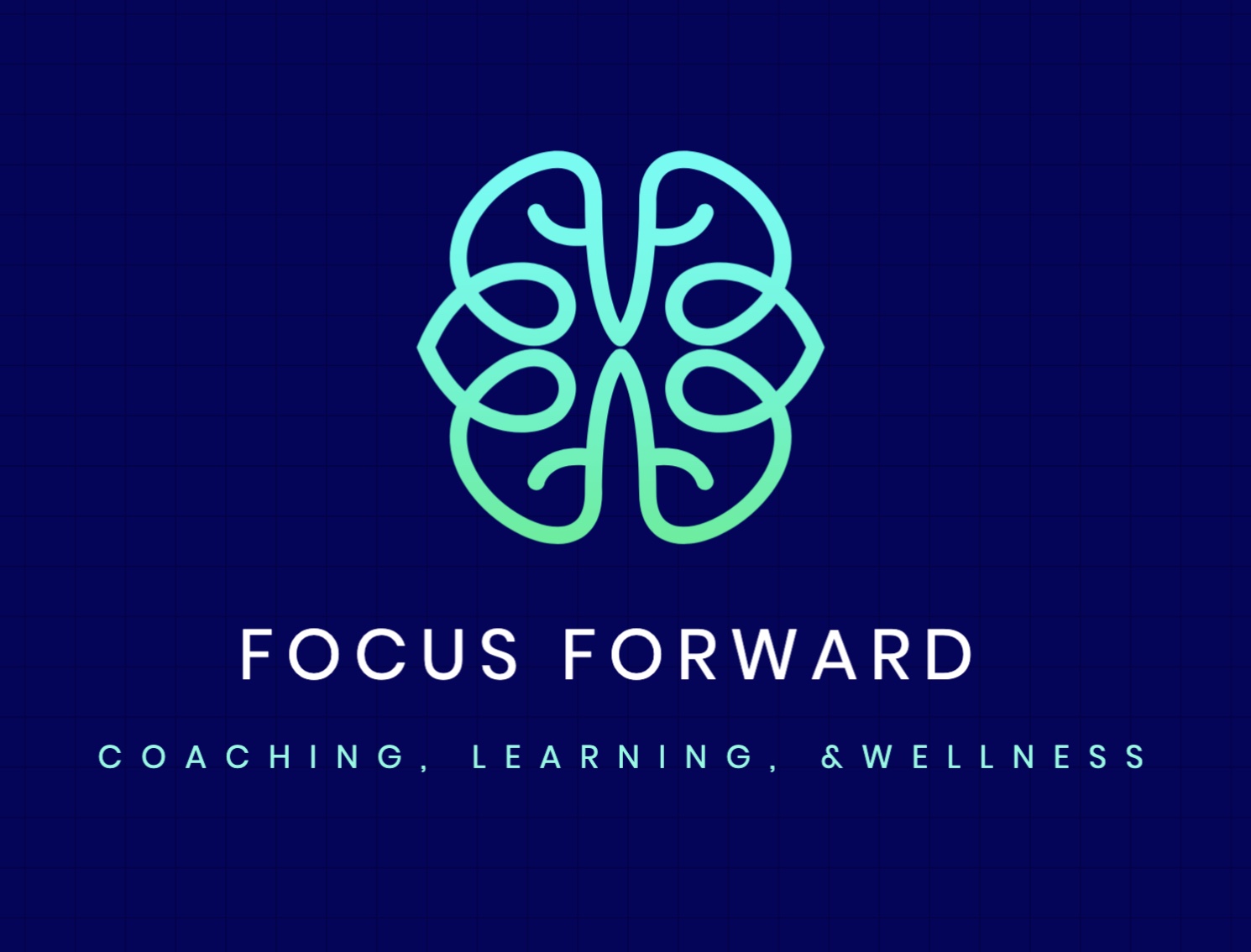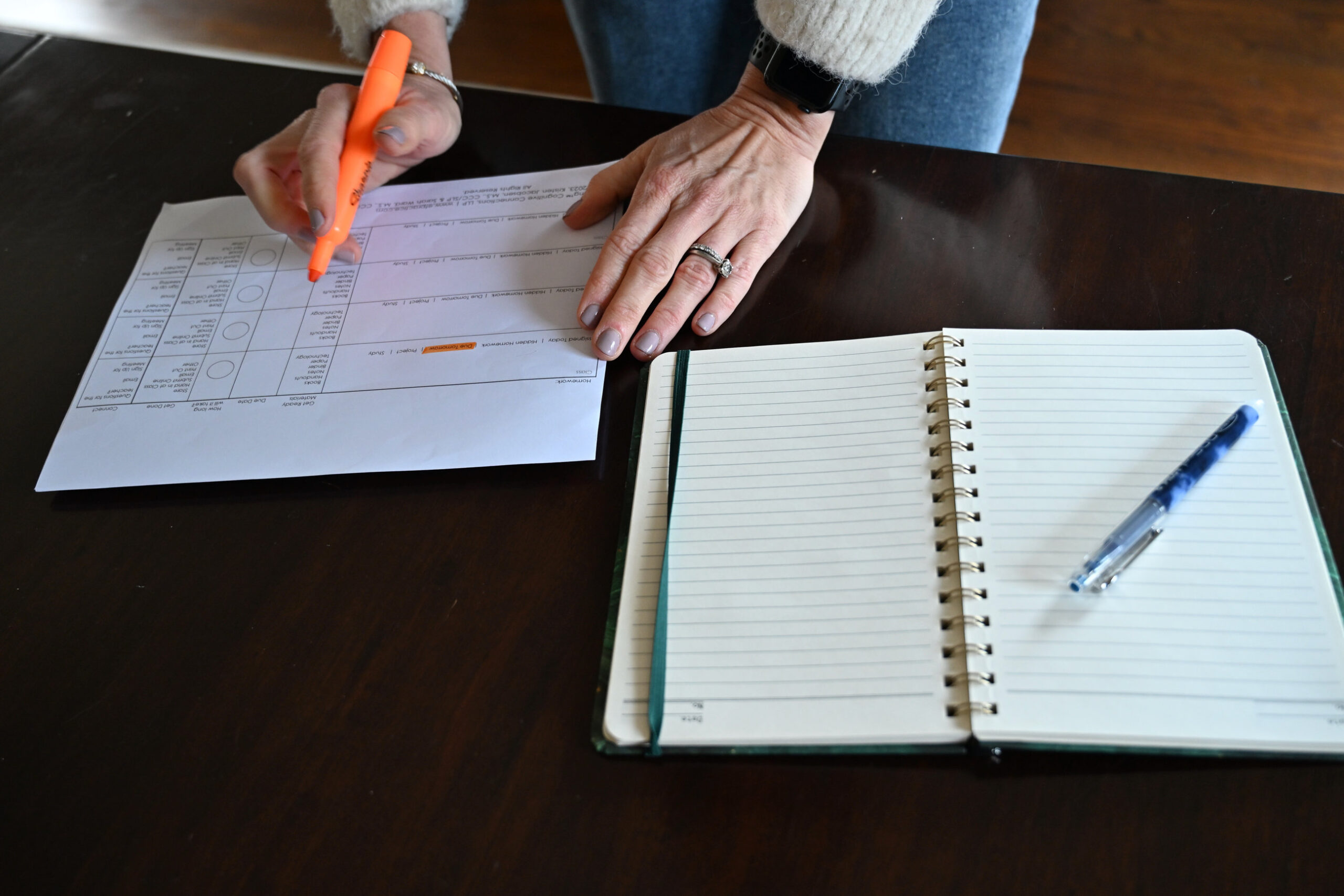Progress
Share
After reading “Have We Been Thinking About ADHD All Wrong?” I found myself nodding along to much of what was said, while simultaneously wishing the conversation had gone a step further. Yes, it is critical to question long-standing assumptions about ADHD. Yes, it is important to reexamine how we approach diagnosis, treatment, and support. But the implication that medication may not be all that helpful, without deeply addressing what else is necessary, risks overlooking the very real complexity of living with ADHD—especially for children expected to succeed within rigid systems.
We cannot talk about ADHD without talking about metacognition. Metacognition is the ability to reflect on one’s own thinking, behavior, and emotions. It’s what allows a person to pause, consider consequences, problem-solve, and regulate. For many individuals with ADHD, this reflective pause is precisely what is hardest. Medication, for some, can open the door to that pause. But that door doesn’t lead anywhere unless it’s followed by coaching, therapy, and environments designed to build executive function skills.
The role of environment cannot be overstated. ADHD is not like diabetes; it does not present uniformly across settings. A child might thrive at home but fall apart at school, or vice versa. That doesn’t mean the symptoms aren’t real—it means context matters. And in a world where we continue to expect all children to perform in standardized ways, we must be honest about how misaligned those expectations are for certain brains.
Schools are filled with a wide range of learners—and that’s a good thing. But when bright kids with ADHD are also bored, schools can struggle to create structured yet creative outlets that allow their brains to work in a state of flow. That often leaves families in an either/or situation: either they medicate their child to fit into the system and perform to their capability (conforming to the box), or they risk the child being mislabeled as lazy, defiant, stubborn, or worse. These labels may not come directly from teachers or peers—but parents, watching closely and protectively, often sense them loud and clear.
I’m not suggesting we completely shake up the system—because truthfully, that wouldn’t work either. But the system needs to be called out. We need to shine a light on ADHD in a way that acknowledges its complexity and the misunderstanding surrounding it. ADHD could not be more nuanced. The diagnosis itself is a subjective process, dependent on checklists and presentation that may vary across environments. Comorbidities complicate it further. Executive function develops with maturity, and our systems are often too rigid for the way ADHD brains naturally fire.
I have seen medication create real change—especially when distractibility coexists with specific learning disabilities, and the consolidation of instructional content finally starts to click. I’ve seen it help when disruptive behavior interferes with building healthy relationships. I’ve seen it provide the motivation required to engage with boring, non-preferred tasks. I’ve also seen it flatten kids entirely (spoiler: that’s not the right medication). I’ve seen schools and families assume a pill is a one-and-done solution. I’ve seen other families exhaust every multimodal support and still feel lost.
Sometimes, medication helps ADHD kids conform to their environment. Sometimes it doesn’t. Sometimes the best response is to say, “Forget the system—I’m going to create and light up the world with my imagination.” And sometimes that just isn’t feasible.
The one thing I do know—after working with countless kids, and seeing ADHD in my own family—is that ADHD is predictably unpredictable. No two cases are the same, even when patterns emerge. But I believe that the more metacognitive we get—the more we teach and support people to think about their thinking—the more opportunity we create for personalized systems. Not ones that work flawlessly everywhere, but ones that adapt, evolve, and support growth in the right ways at the right times.
The risk in questioning medication too loudly is that we ignore how essential it is for some. Not to “fix” a disorder, but to allow a child—or adult—to participate meaningfully in their own learning, to manage relationships, and to develop a healthy self-concept. The side effects of shame, failure, or social rejection can be far more damaging than the side effects of a well-monitored stimulant.
This is not an either/or conversation. Medication, therapy, coaching, environmental shifts, parent education—these all matter. ADHD requires a multimodal approach, one that honors both the neurological and systemic influences at play. As long as we ask children to get into metaphorical boxes—sit still, comply, focus, memorize—some will need help getting there. But we also need to ask whether we’re using the right boxes in the first place.
Let’s stop measuring success by how well someone fits in. Let’s start measuring it by how well their environment allows them to flourish. ADHD doesn’t need to be a tragedy or a flaw—but it does need to be understood in full context, with compassion and with the resources to support real growth.
Written by: Kristelle Kambanis
Founder of Focus Forward Coaching, Learning & Wellness
Related Posts
Coaching, Development, Education, Executive Function
Coaching, Education, Executive Function




